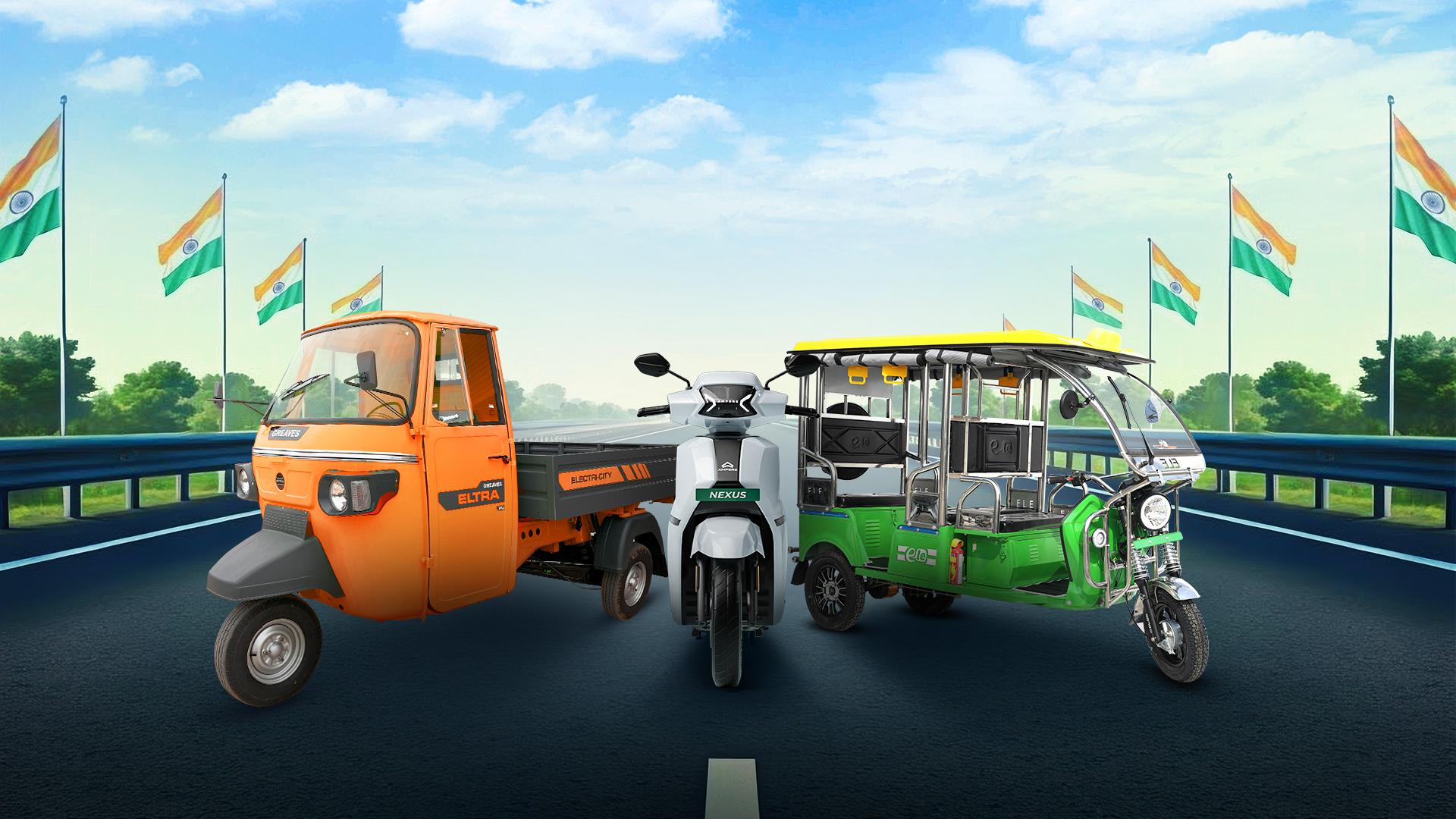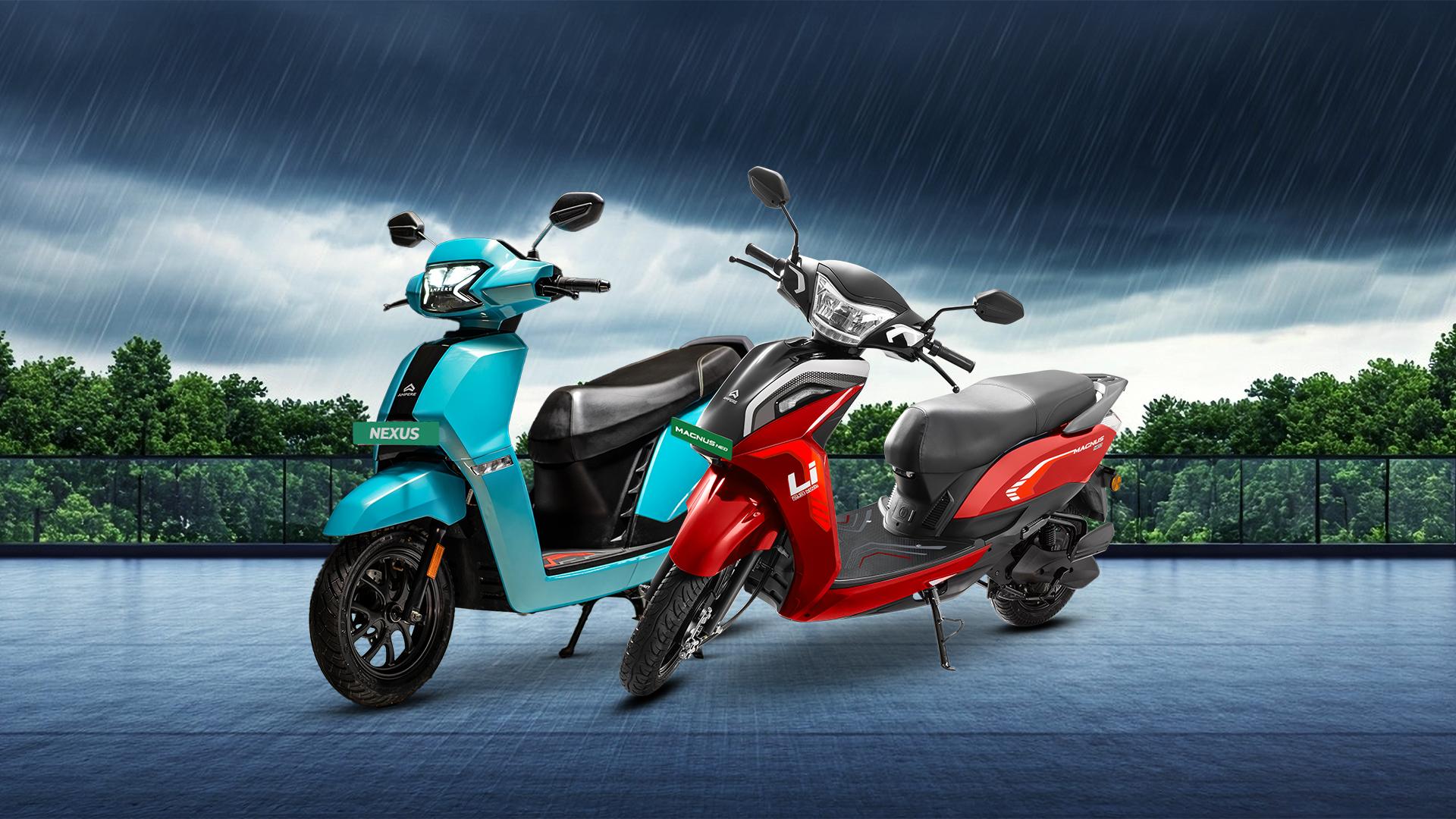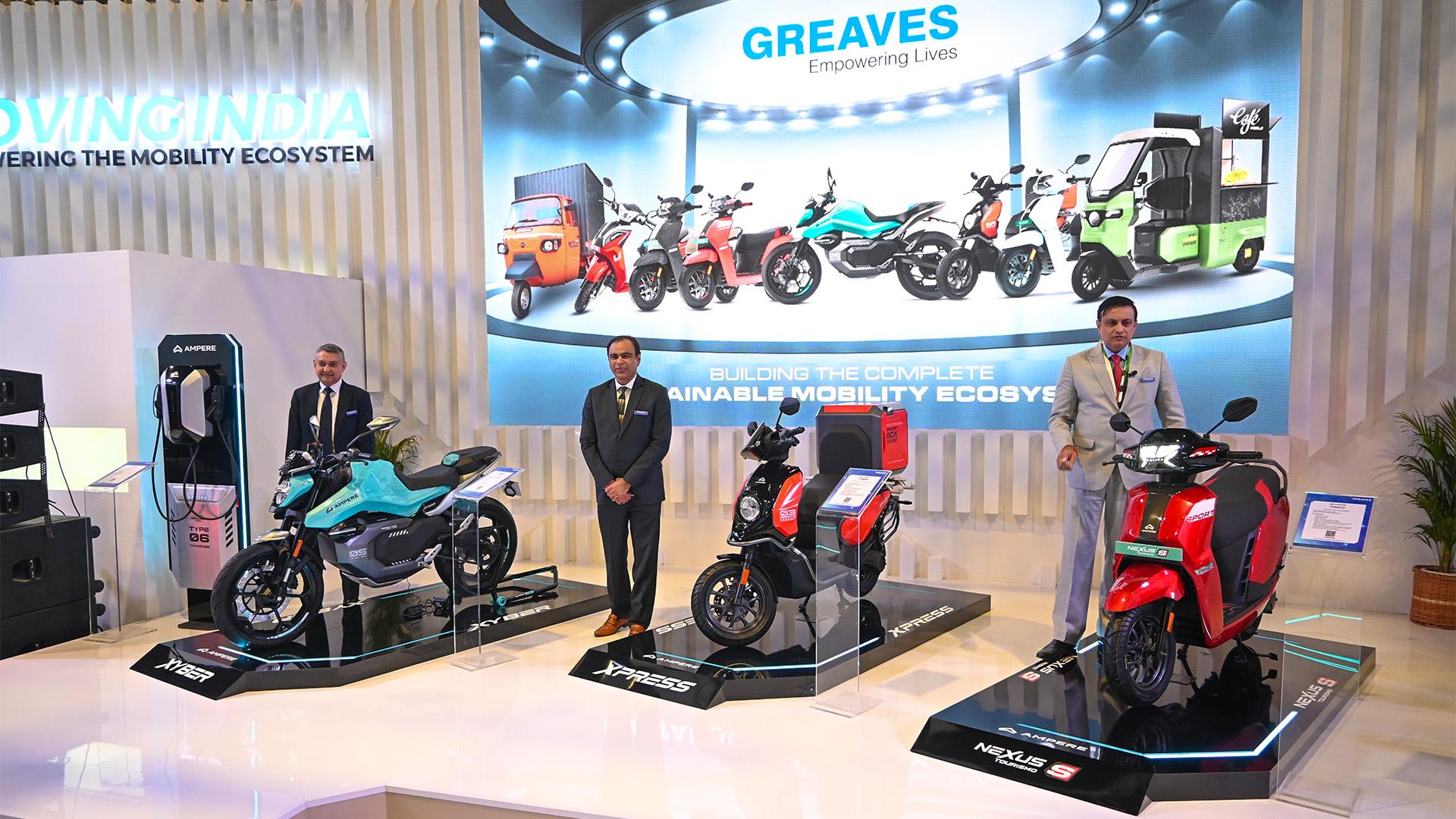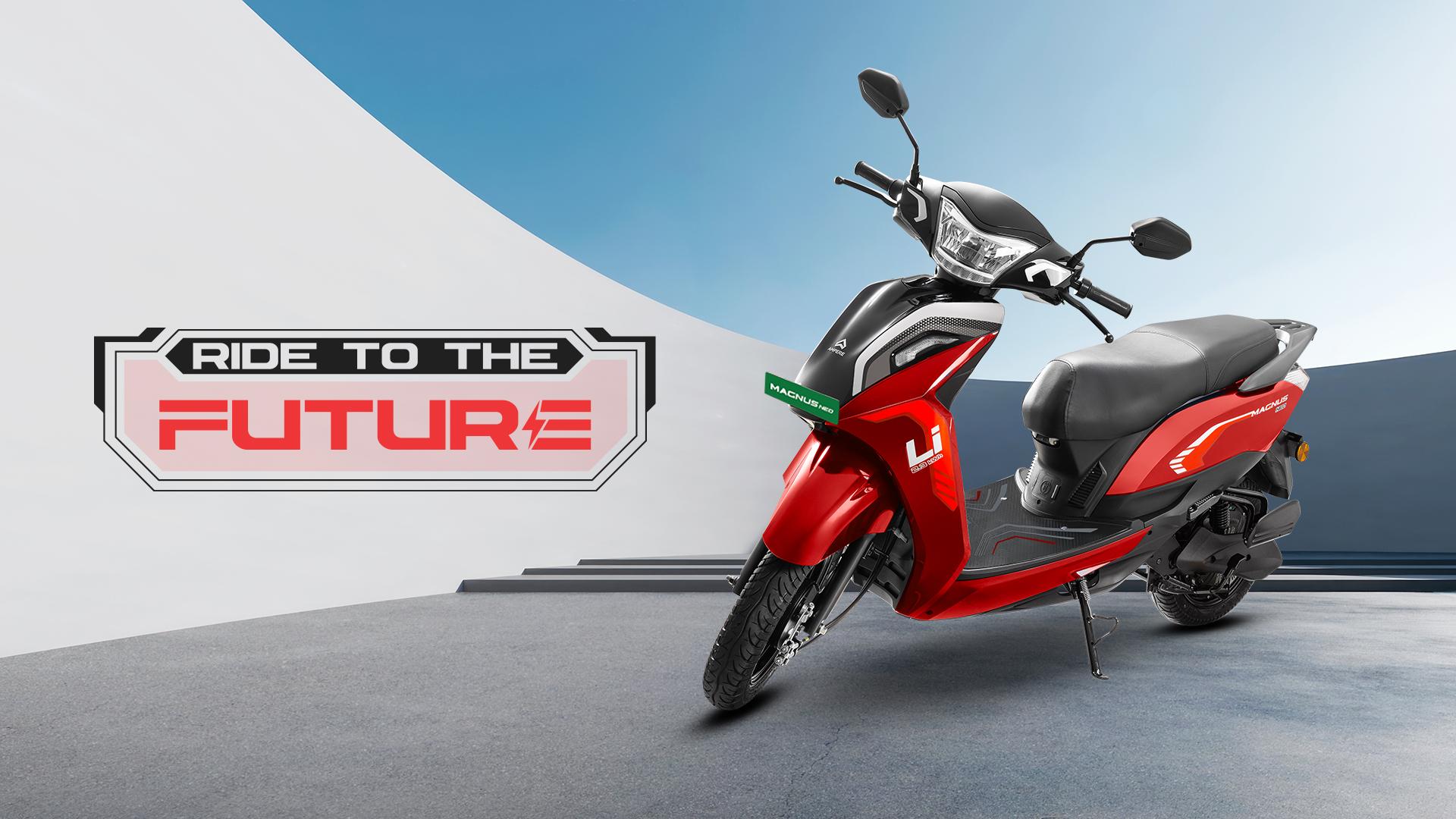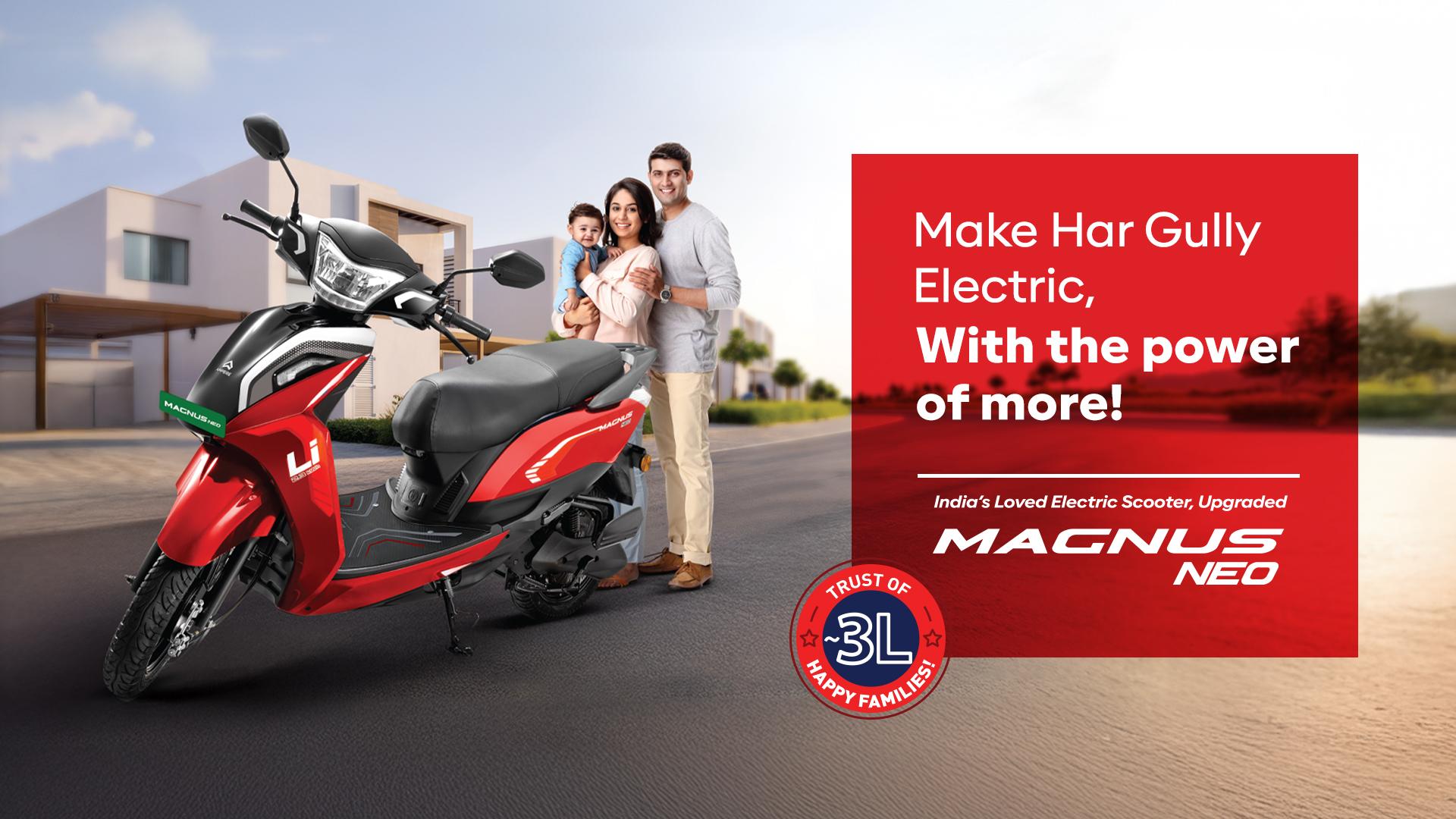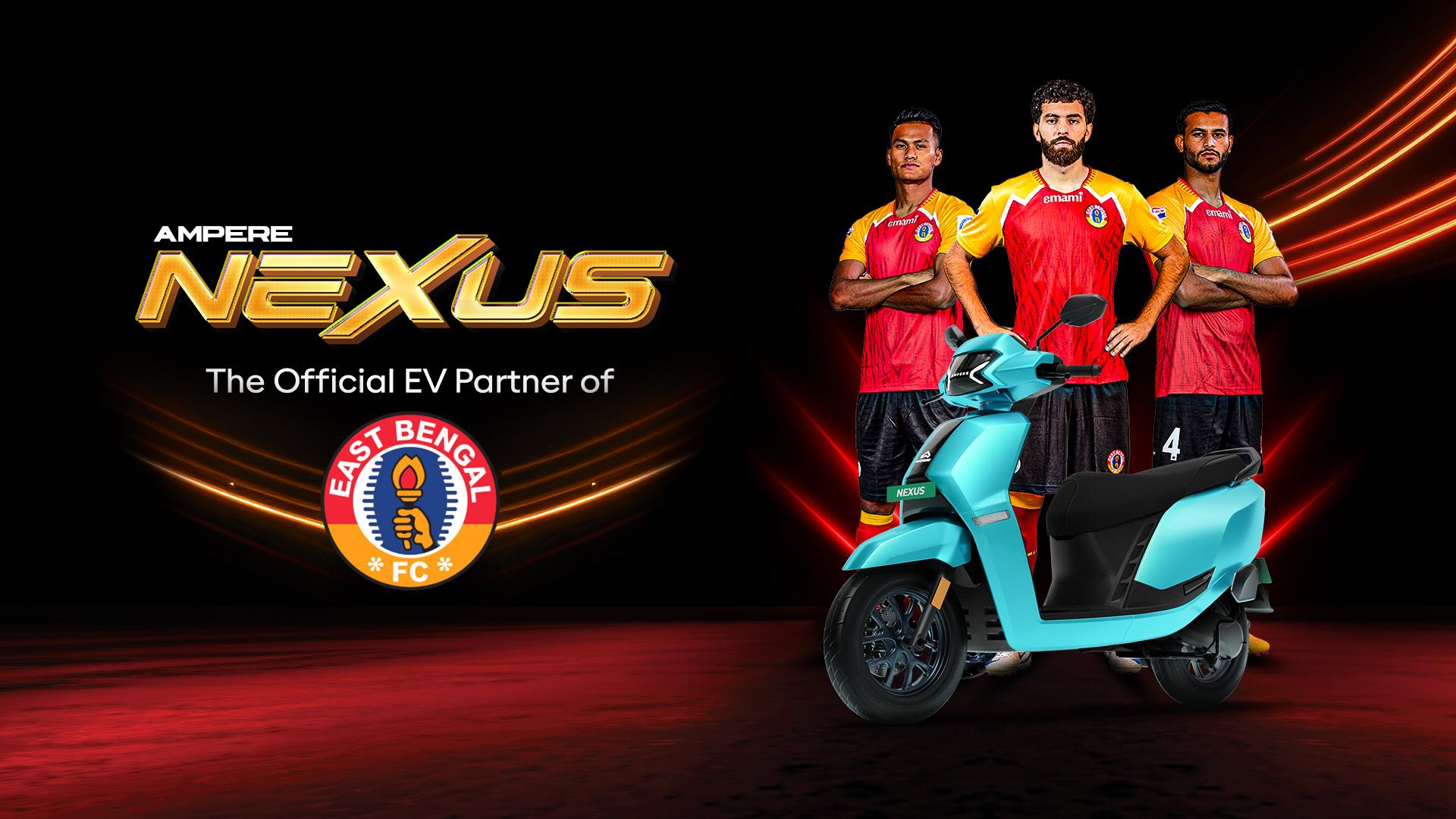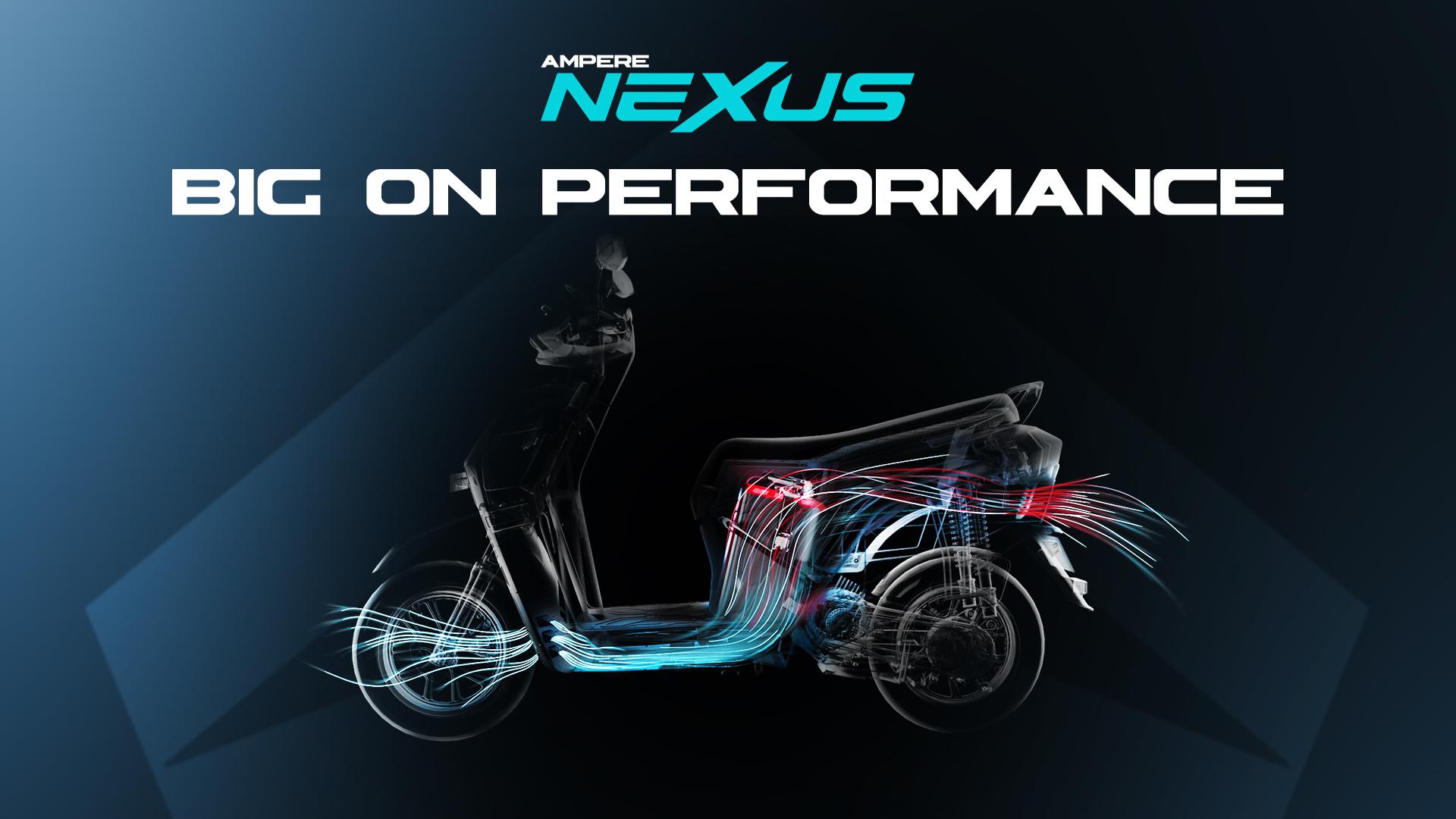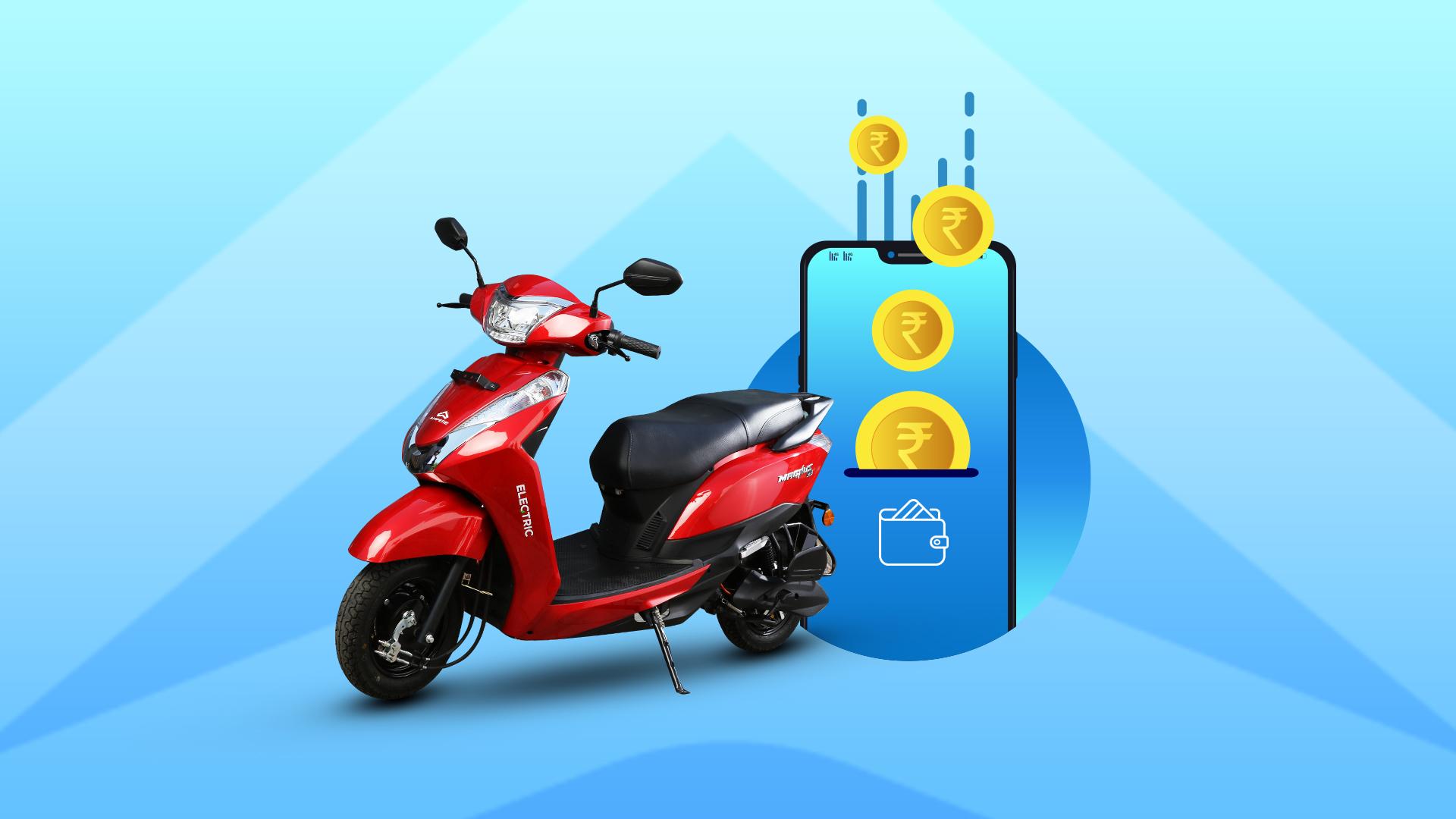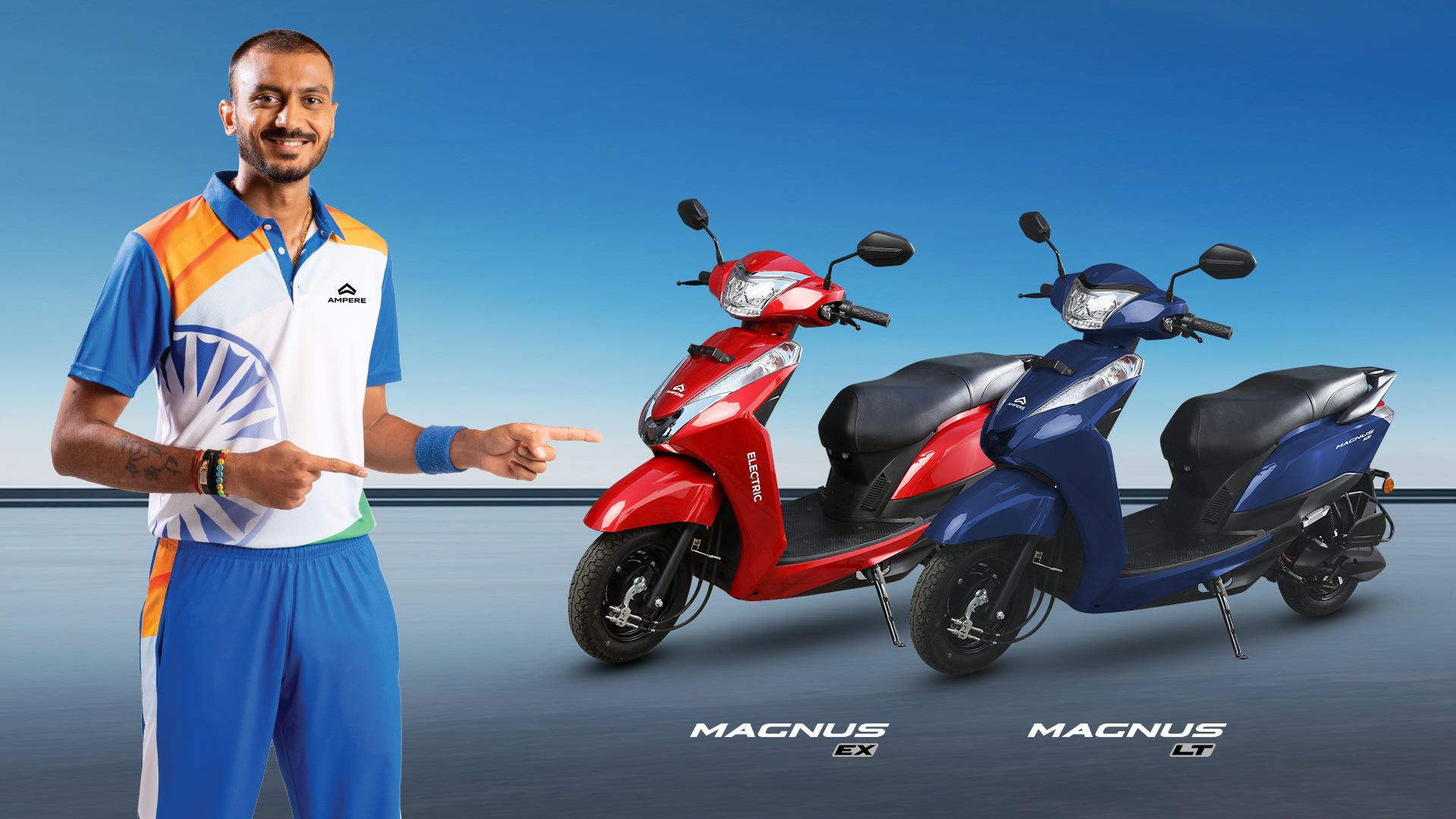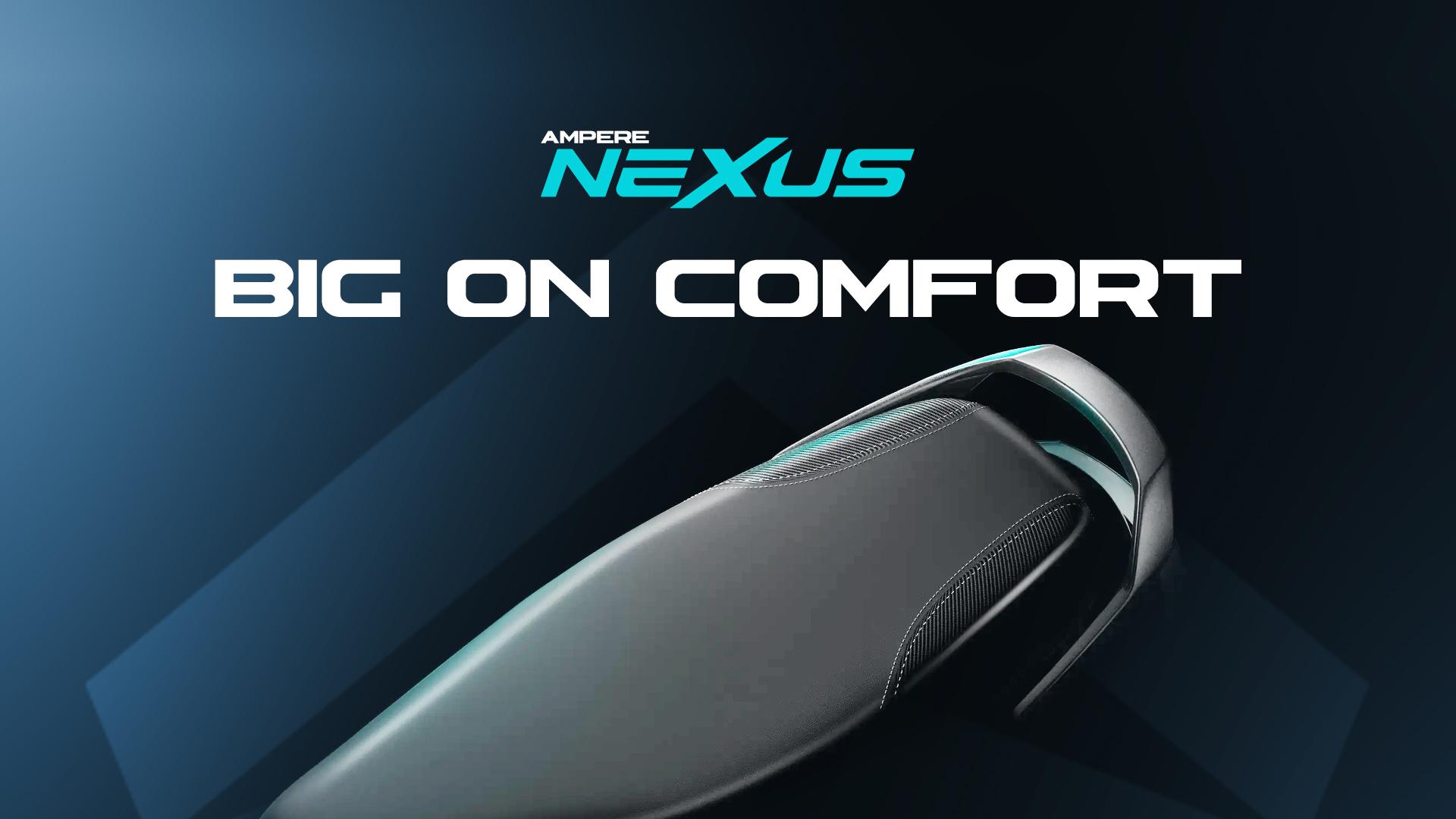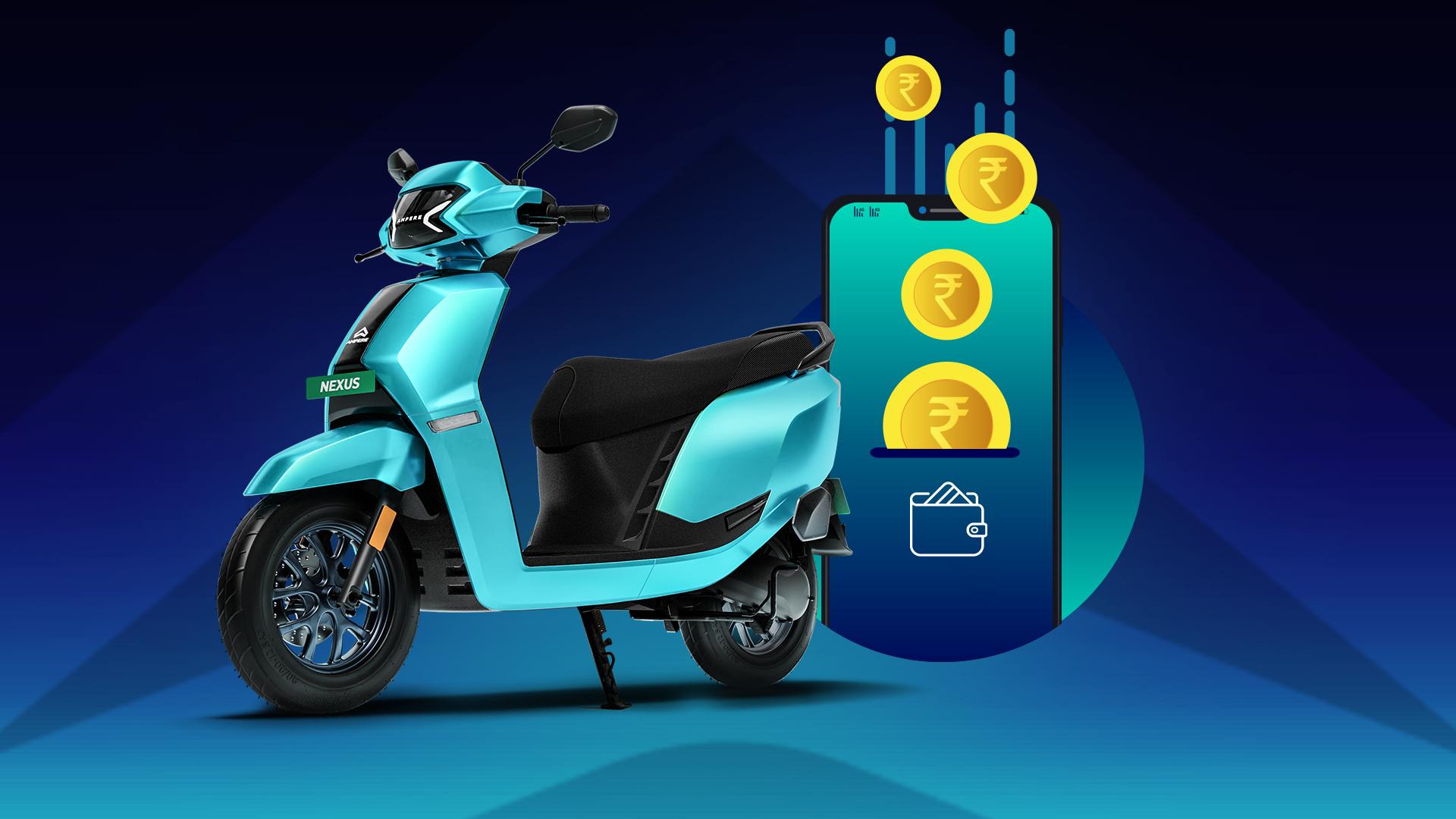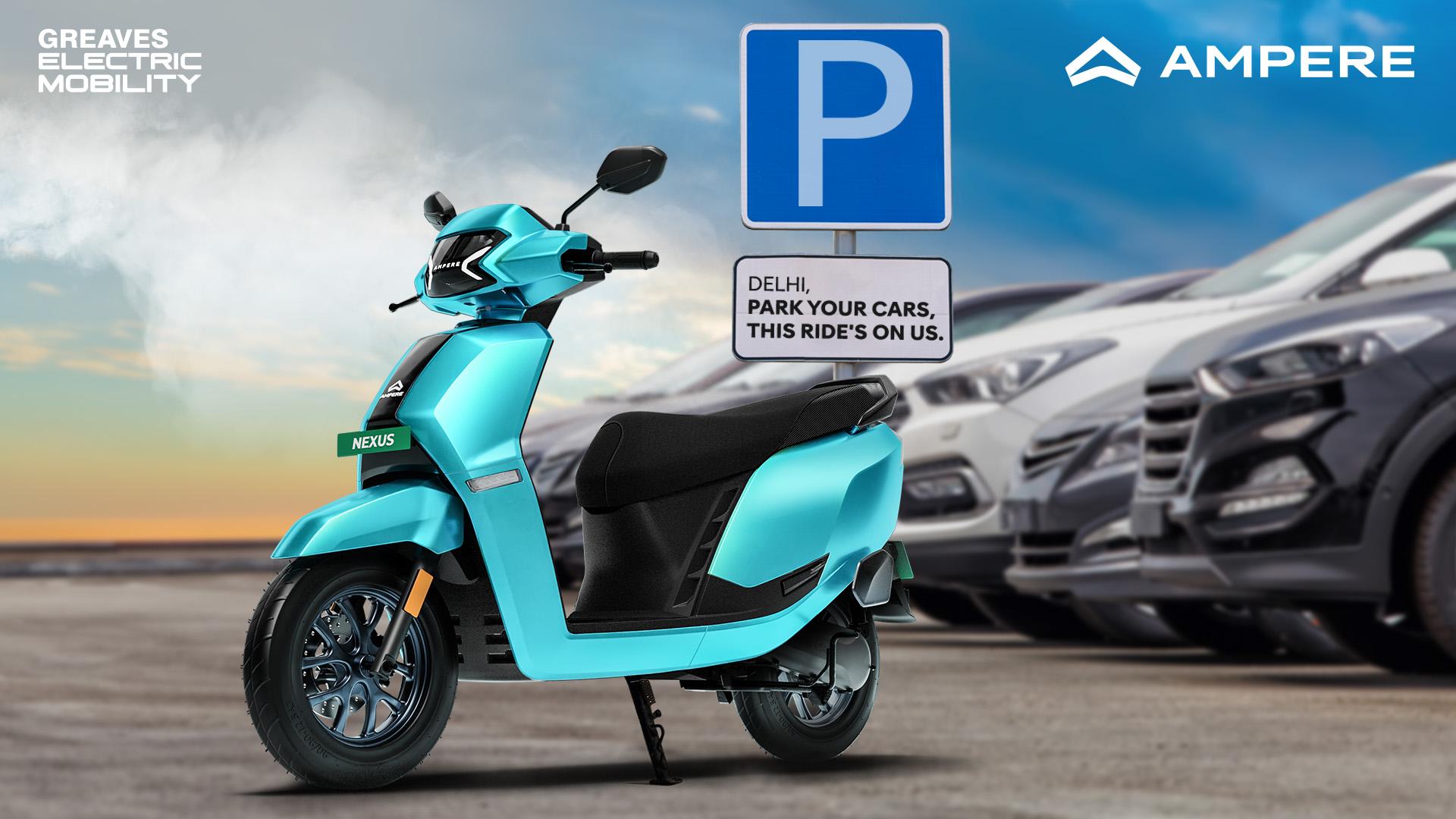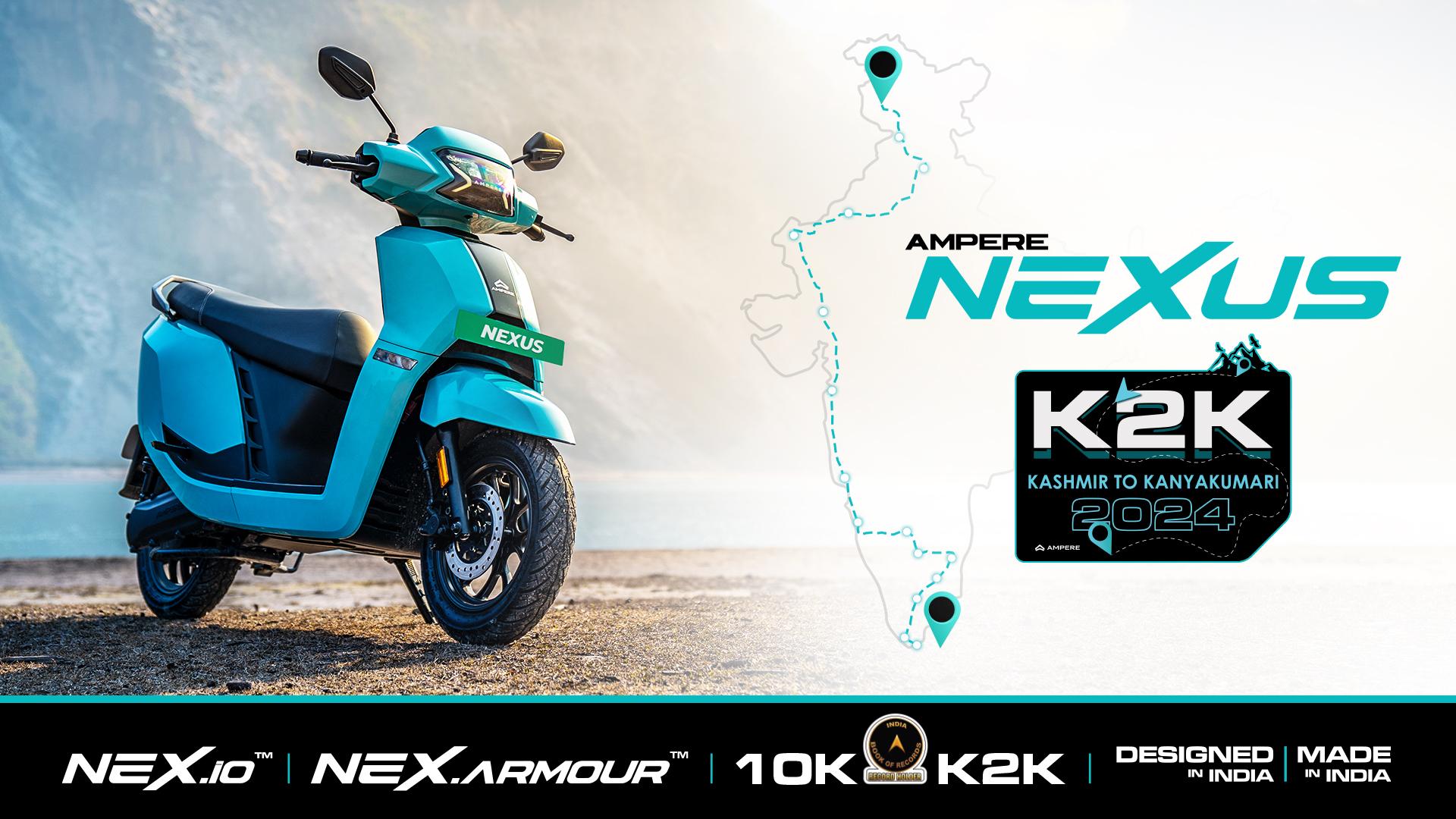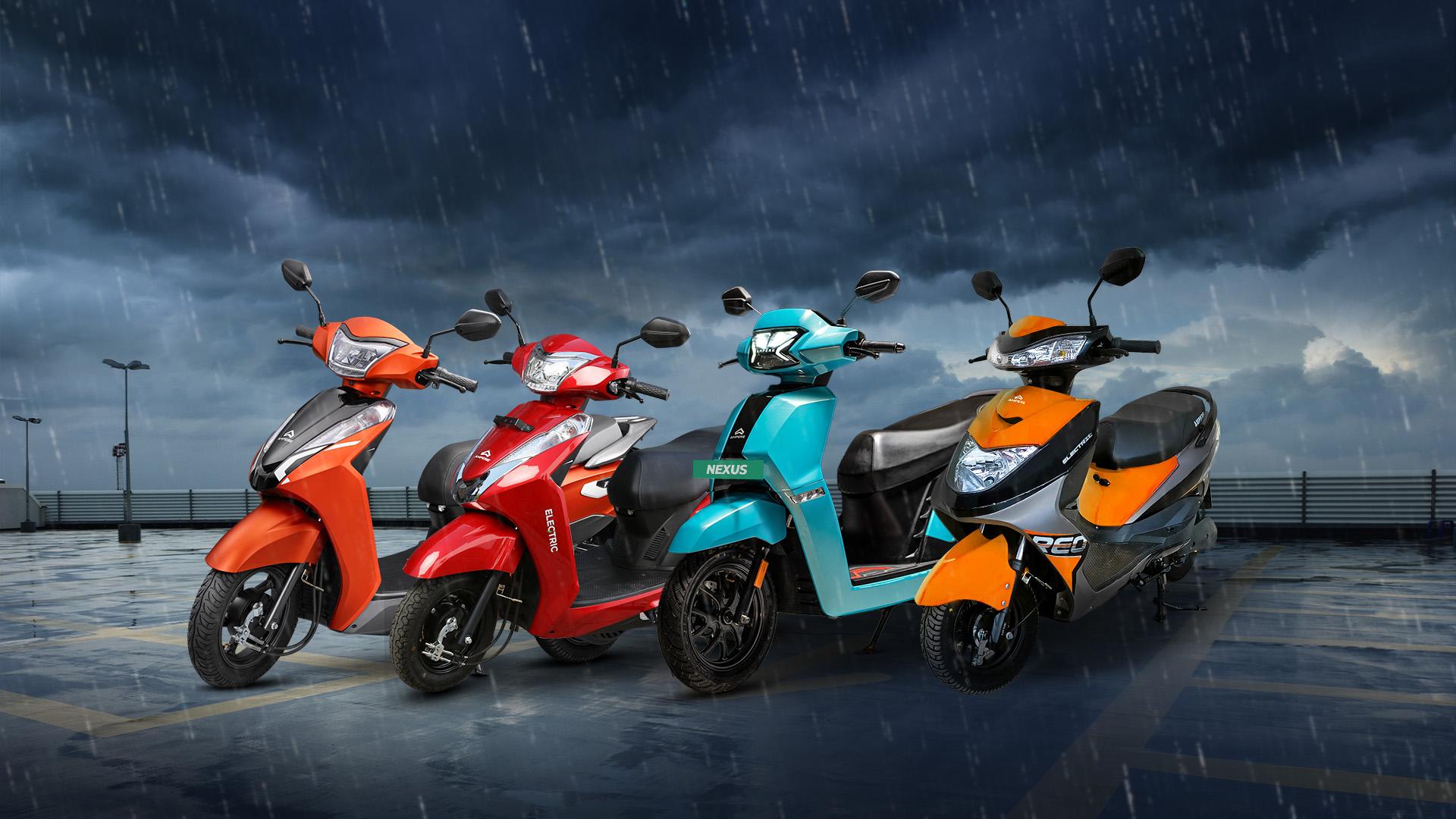Humans have come a long way with technology. With continuous innovation and research, science has been improving our day-to-day lives.
However, when it comes to our daily transportation methods, we still find ourselves heavily reliant on traditional fuel engine vehicles. As we know, these gasoline-powered vehicles use up non-renewable resources to operate, which ends up taking a toll on the environment. According to reports, these types of vehicles are amongst the largest contributors to air & noise pollution.
Recently, with the evident rise in petrol prices & air pollution, people have started looking for more economical and eco-friendly ways to commute. A great alternative that has recently become available is making the switch to electric - with electric-powered vehicles.
So, which one should you go for - an electric scooter or a traditional fuel scooter? Let’s dive into the facts and find out.
Pricing
While e-scooters can cost slightly higher than some conventional scooters to purchase, the cost-savings quite quickly balances the playing field.
This is because e-scooters don’t need any type of fuel to operate. Electric scooters run on lithium-ion batteries, similar to what is used to power laptops and mobile phones. Since Ampere’s e-scooters run at a cost of 15 Paise/Km, the amount of money you can save on a daily basis is self-evident.
On the other hand, certain conventional scooters cost more, offer less mileage, and with the ever-increasing petrol requirements & prices, fuel scooters become a daily investment. They also require routine maintenance and servicing to run smoothly, which e-scooters don’t.
Cost to the Environment
Fuel vehicles are some of the major contributors to air & noise pollution, and their CO2 emissions lead to a steep rise in greenhouse gases. In fact, a typical fuel-powered passenger vehicle emits roughly 4.6 metric tonnes of CO2 every year, by itself. Further, burning a single Litre of gasoline produces approximately 2.3 Kg of carbon dioxide.
Unlike fuel vehicles, electric vehicles have a 0% CO2 emission rate, and a minimal carbon footprint. These scooters can be recharged entirely with renewable sources of energy. As we head into the future, industrialists are constantly innovating to shift the dependency from fossil fuels (for production) to renewable resources like wind & solar energy.
In short, if the world makes the switch to electric, we can expect greener times ahead.
Maintenance
Owning a fuel vehicle can, at times, be exhausting. They require routine maintenance work & servicing, otherwise you start to see an apparent decline in performance over time. This is because fuel scooters have a lot of complex components, and an engine that needs to be oiled. The cost for servicing adds up over time.
In comparison, electric scooters don’t have nearly as many ‘moving parts’ as fuel scooters do, which in turn means there’s no need to worry about frequent visits to service stations. Simply keep your e-scooters charged, and enjoy your commute!
Charging vs. Refueling
As the name suggests, electric scooters don’t require a tank full of petrol to operate, only a charged battery - just like your laptop. Some EVs, like Ampere’s e-scooters, come with detachable batteries that can be charged conveniently at home from any simple power socket. For example, if you go with the Ampere Magnus EX, you get a high range of 121* KM on a fully charged battery. In terms of convenience and cost-saving, e-scooters are an excellent choice for anyone’s daily commuting needs.
In the case of fuel scooters, amidst the rising petrol prices, each commute costs you a certain amount - depending on how far you travel and the amount of fuel consumed. The number of kilometers you can travel per litre of petrol also depends on how energy-efficient your vehicle is. Moreover, in order to refuel your vehicle, you must drive to the nearest gas station.
Conclusion
If we compare electric scooters to petrol scooters, the answer is quite apparent. In terms of the convenience, pricing, cost-saving, energy efficiency, sustainability, and being beneficial for the environment, e-scooters are the clear winners.
As we continue to innovate and make technological advancements, electric vehicles are likely to become the norm. EVs have already started to become a common sight on our roadways, and not just for personal transportation, but public transport and utility vehicles as well.
The world is going electric. What are you waiting for? Let’s head towards a sustainable future with #NewAgeEnergy!

1.jpg)
